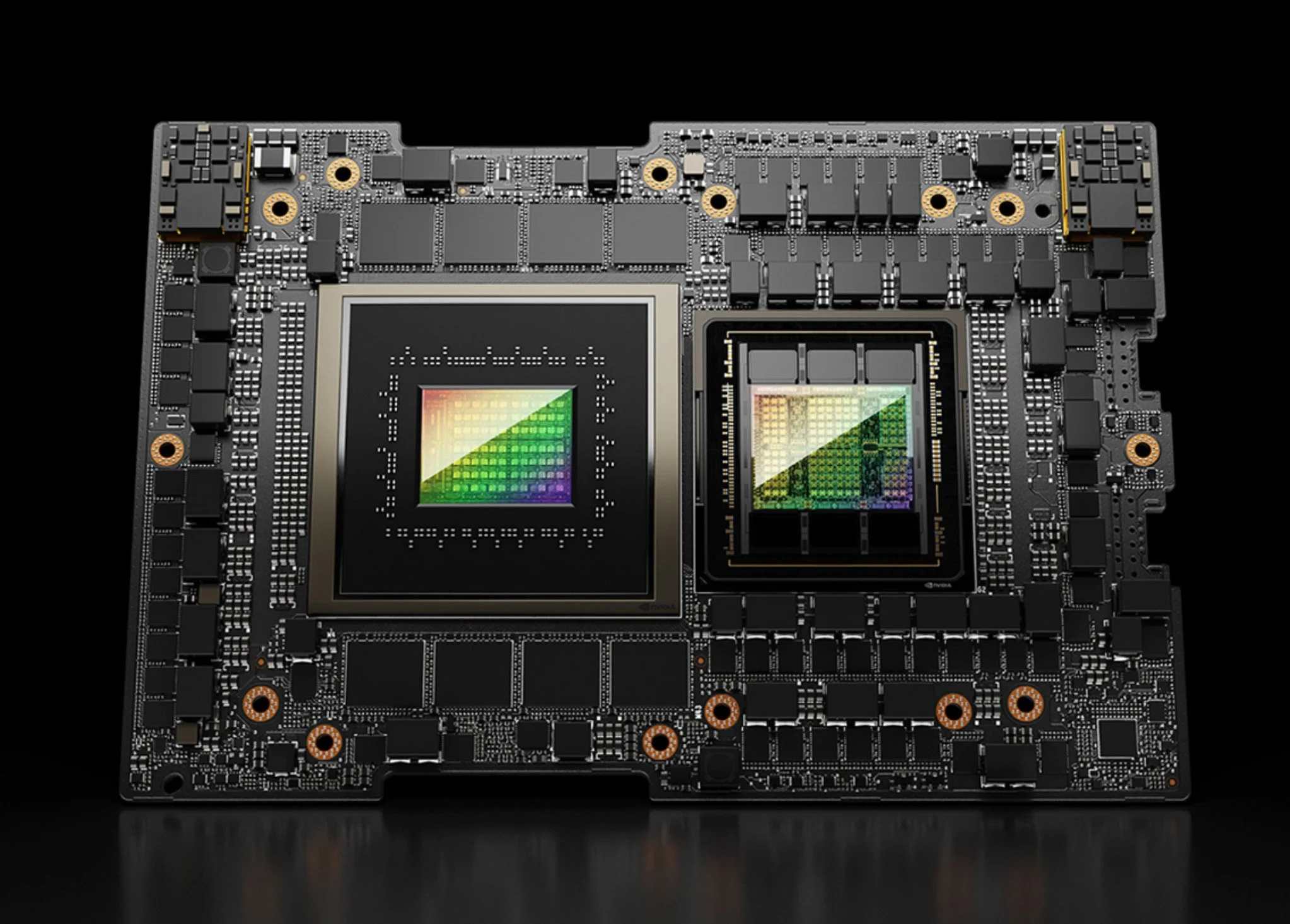AI Chip Wars: Nvidia’s Rivals Gear Up for a Slice of the Market
Image Source: https://www.nvidia.com/en-au/
The artificial intelligence landscape is witnessing a significant shift as smaller companies like Cerebras, d-Matrix, and Groq mobilize to challenge Nvidia’s dominance in the AI chip market. With the exponential growth in demand for AI inference – the computing power required to generate responses from models like OpenAI’s ChatGPT and Google’s Gemini – these companies are betting on their specialized products to capture a share of this booming market.
Cerebras: A New Player with a Big Chip
Cerebras has announced its new “Cerebras Inference” platform, which leverages its groundbreaking CS-3 chip. This chip, notable for its dinner-plate size, promises to deliver AI inference speeds 20 times faster than Nvidia’s current Hopper chips, and at a significantly lower cost. The innovative design integrates memory directly into the chip wafer, bypassing the limitations that have traditionally constrained AI inference speeds.
D-Matrix: A Fresh Approach to AI Inference
Founded by Sid Sheth in 2019, D-Matrix is positioning itself as another formidable challenger in the AI chip sector. The company is preparing to launch its Corsair chip platform by the end of the year. Pairing this with open software like Triton, D-Matrix aims to provide developers with more flexible tools, breaking Nvidia’s stronghold with its Cuda platform. D-Matrix’s approach reflects a growing trend among developers who prefer open software, providing them with the freedom to innovate without being tied to a single tool.
Groq: Betting Big on AI Inference
Groq, led by a former founding member of Google’s Tensor processing unit team, recently secured a massive $640 million in funding, placing its valuation at $2.8 billion. This company, too, is focused on the AI inference market, aiming to provide faster and more efficient solutions compared to Nvidia’s offerings. Groq’s success underscores the increasing appetite among investors for alternatives to Nvidia in the AI chip market.
The Battle for AI Chip Supremacy
The rise of these smaller companies reflects a broader shift in the AI chip market. While Nvidia has enjoyed a dominant position with its GPUs, the growing demand for specialized inference chips has opened the door for new players. However, the road ahead is not without challenges, as the semiconductor industry is notoriously difficult for start-ups to break into.
The Investor's Perspective
Venture capitalists have been keenly watching this space, with many eager to back the next big player in AI chips. Lux Capital’s Peter Hebert highlighted the near-insatiable desire from investors to find the next Nvidia, driving momentum for these start-ups. Yet, as the case of Graphcore, which was acquired by SoftBank at a value slightly above its raised venture capital, shows, the journey for these start-ups is fraught with uncertainty.
A Dynamic Market in Flux
The AI chip market is entering a dynamic phase, with new challengers emerging to disrupt Nvidia’s long-standing dominance. Whether these smaller companies can capitalize on their innovations to gain significant market share remains to be seen. However, one thing is clear: the race for AI chip supremacy is heating up, promising exciting developments in the near future.

